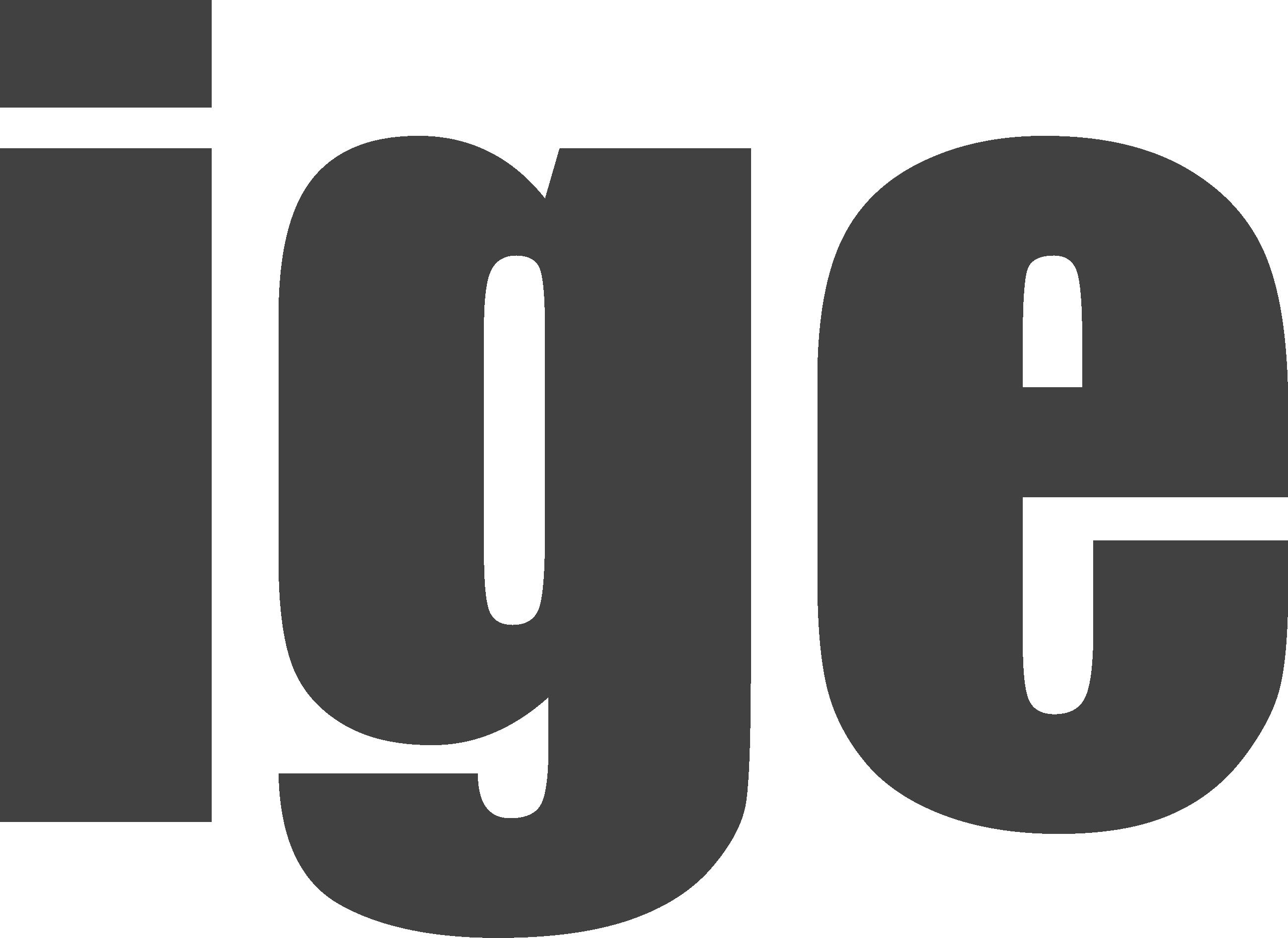Touch the Ground Lightly
2011/12
In the academic year 2011/ 2012 the Institute for Buildings and Energy focuses in teaching and research on the development of energy efficient projects at “micro level”. This year a small scale project will be examined in depth
as consequent counter-position to the last year 2010/ 2011, which has dealt with large scale, extremely dense, vertical city structures at “macro level” in form of ́Hyperbuildings ́. The aim is the development of a prototype building that reaches as close as possible to the utopian idea of a build- ing which is built, used and removed after its use, as if it had never been there. The building with approximately 200m2 net floor area, excluding the basement, is intended for residential use for 4 persons. The primary energy demand, considered over the entire life cycle, must be covered entirely by renewable energy sources. All energy costs for the building lifecycle (construction, renovation and demolition), the usage of the building (building- and usage-specific induced) and (electrical) mobility should be covered as promptly as possible. This requires an intelligent approach in overall design, as well as a critical analysis of renewable technologies and innovative storage systems on site.
The integration of energy-generating elements into the architectural design concept is of crucial importance, as is the application of learned skills in construction physics in the design process as well as in the analytically part of the creative development.
In the field of teaching, the institute ́s core research topic in highly efficient building- and urban- concepts, should be brought closer to the students. Additionally the holistic approach to architectural design can be enabled and encouraged. Critically discussing the topic should be fun and joy and encourage the spirit of inquiry and curiosity
of students. By the didactic idea for the annual theme a mutual exchange among students of all courses should be achieved by working on the same issues at different levels of study progress.
An exchange of knowledge between the universities TU Graz and ‘Angewandte’ in Vienna is provided.
The methodological approach to evaluate and quantify the energy performance of a project ranges from the use of simple formulas for better understanding, to energy as- sessment tools to dynamic thermal computer simulations, for creating a database for future projects.
During the winter semester, in the first part of the annual program, the emphasis is on analysis and development of a single building. The courses in summer semester will elaborate the topic in a broader context on urban level. The best student projects will be presented to the public at the end of the academic year. The future development of the teaching program aims to participate in the inter- nationally renowned, inter-university competition ‘Solar Decathlon’ for zero energy buildings (ZEB).
“Touch the ground lightly” is not to be understood literally, more in the ability to keep judge of the effects of a project on the entropy of our ecosystem. The aim is to keep the impact as little as possible, considered over the entire life cycle of the building.
